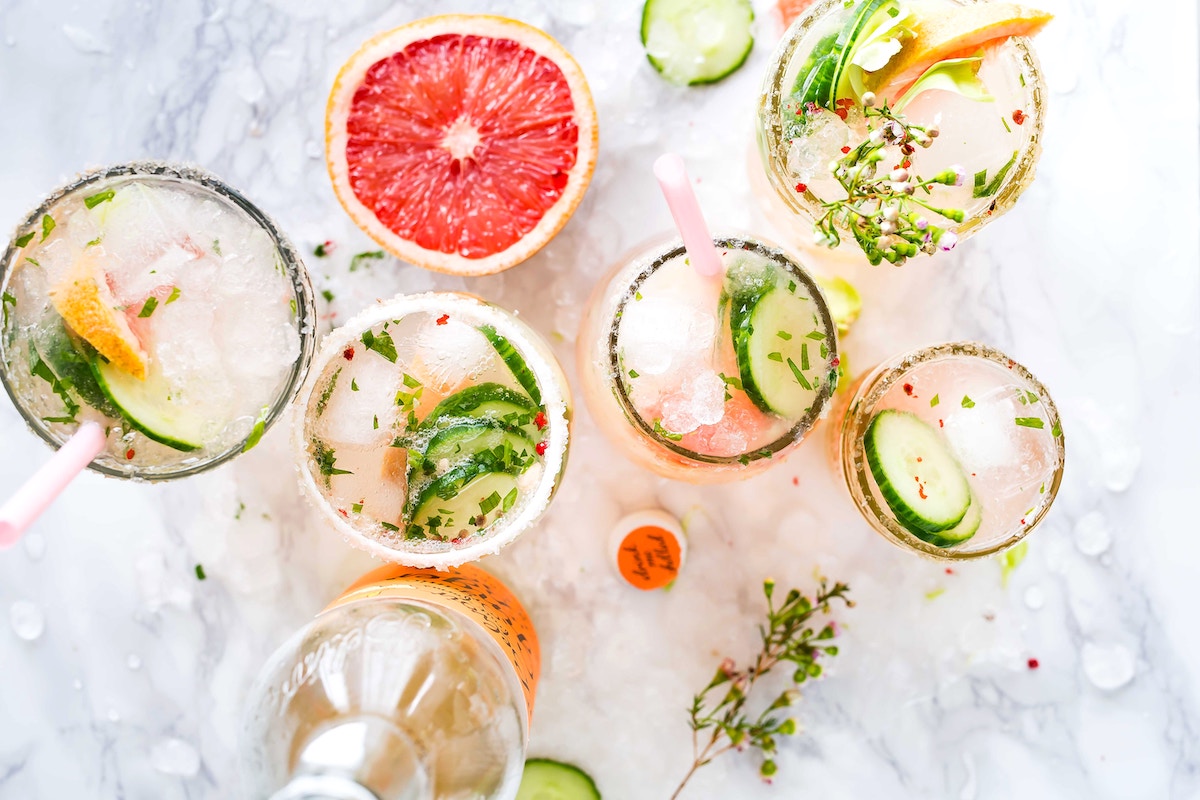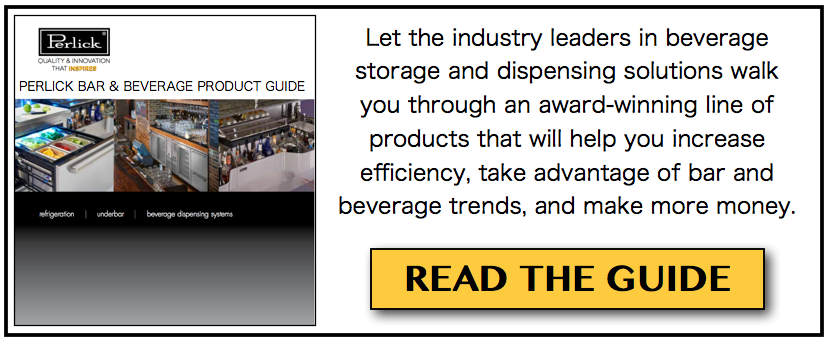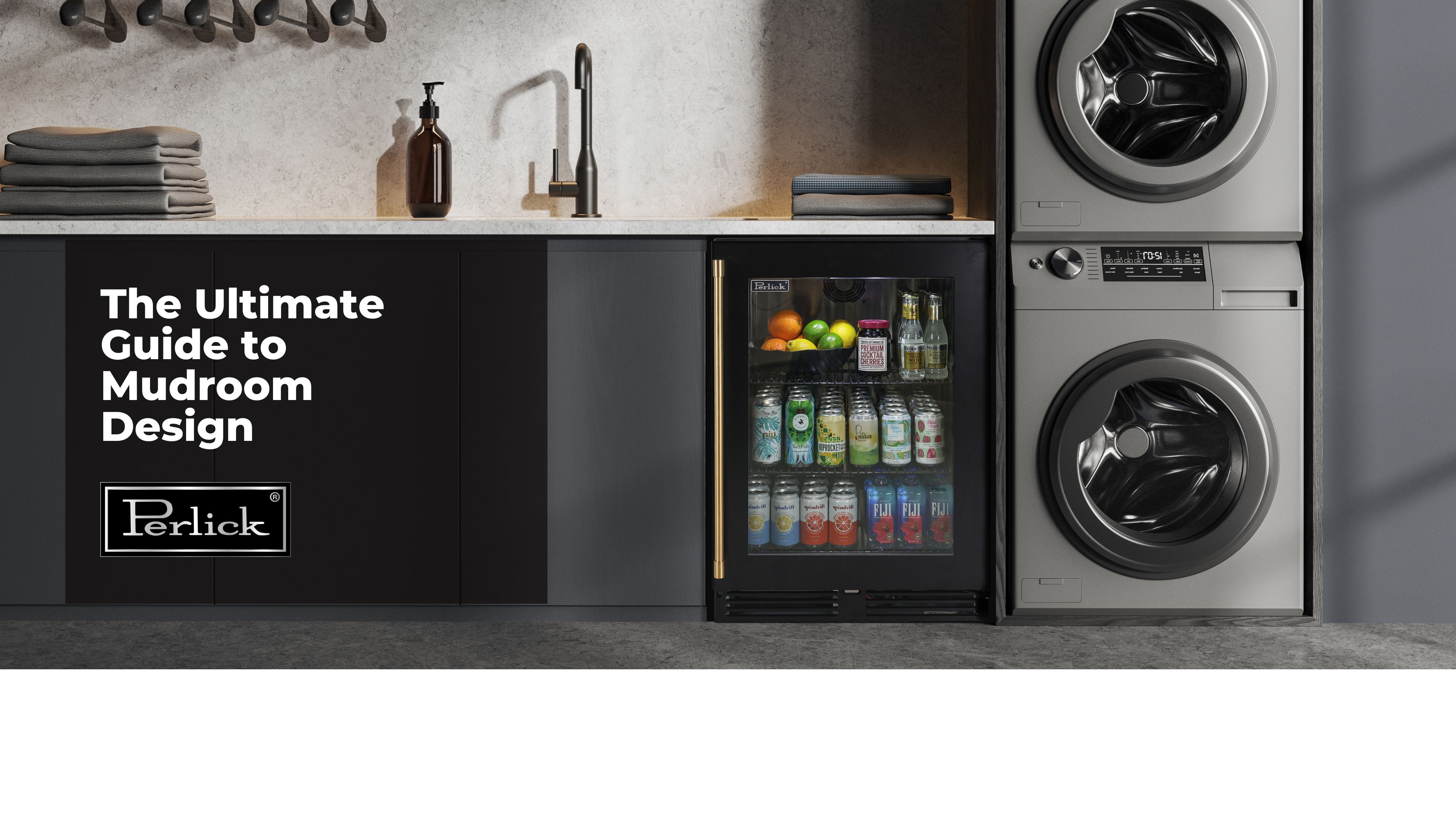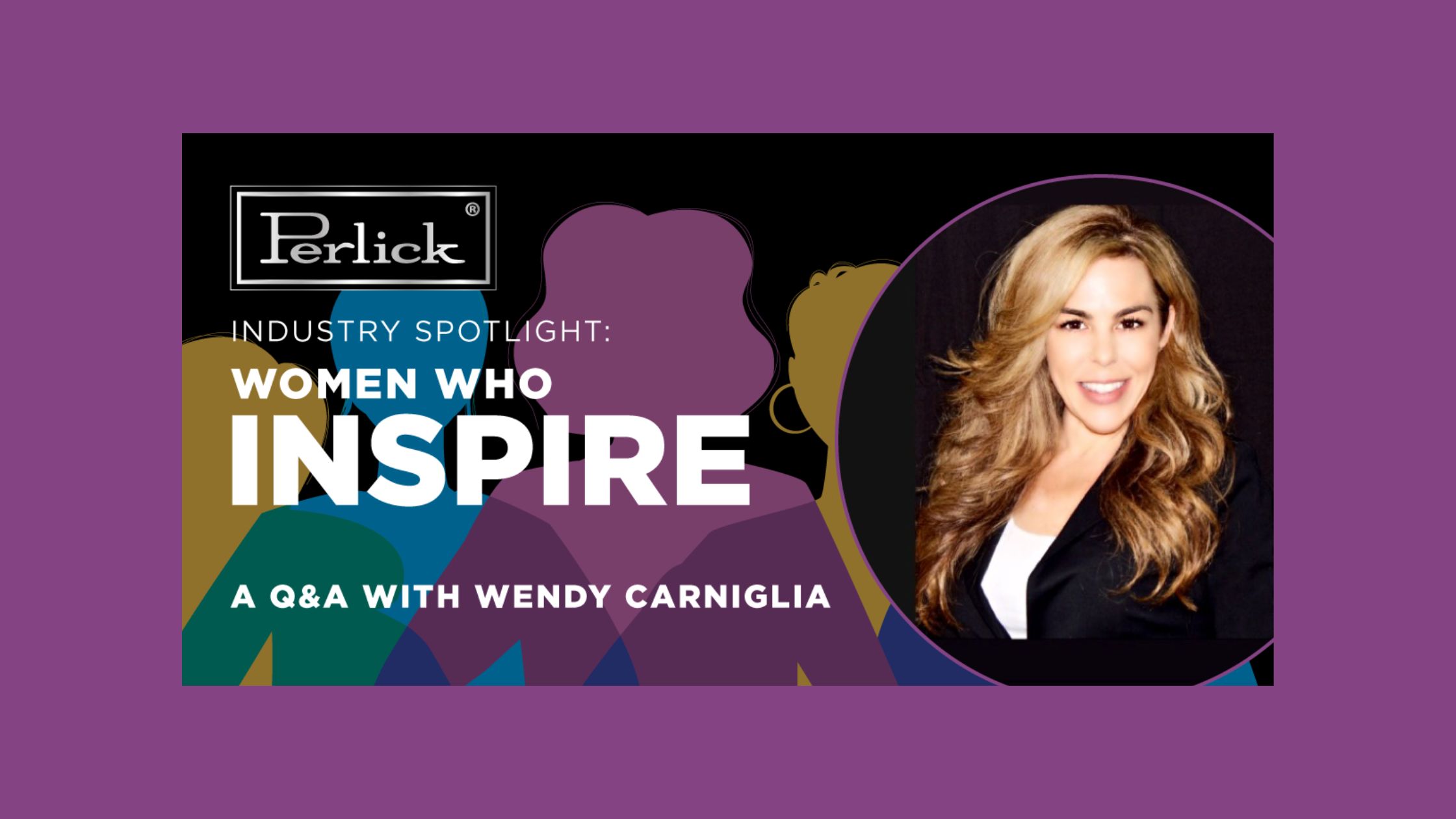Leaves are falling, pumpkin spice is on the brain and craft cocktail drinkers are switching from clear to dark. For many in the beverage industry, the start of fall means the kickoff of 2020 drink menu planning. While some popular trends from 2019 are expected to continue into 2020, we expect new trends to emerge in the New Year, meaning your menus could see some substantial changes in the coming months.
We can take our 2020 planning cues from the trendy societal movements of healthy living and sustainability that are changing everything from the food we eat to the clothes we wear to the drinks we consume.
Drinks for the Health Conscious
Health-conscious social drinkers are gravitating toward low alcohol and alcohol-free beverages. A few significant leaders of this trend are:
Zero-Proof Cocktails and (Hard) Seltzers: With more and more people looking for healthier, lower-alcohol options, the demand for zero-proof, or alcohol-free beers and wines, and seltzers are growing. The hard seltzer trend arrived on the coattails of the growth of the non-alcoholic seltzer market.
Kombucha: The fermented tea drink saw a healthy adoption in 2019 due to its low alcohol content and the buzz around its alleged health benefits. Kombucha has become so mainstream that it is now available in many company cafeterias. Consumer affinity for kombucha is expected to grow even more in 2020, especially as higher alcoholic content versions start to emerge.
Mini-signature Cocktails: Traditional cocktails are not entirely going away, but are being reincarnated as handcrafted, miniature versions with eye-catching presentations. Yep, miniature cocktails are an actual thing, and this trend holds great promise for cocktail aficionados in 2020. The lower alcohol content that comes with the smaller sizes makes the mini-signature cocktails appealing to those who want to explore cocktails but are wary of the large legacy sized libations. Think of them as beer flight glasses.
Drinks for the Environmentally Aware
Environmentally informed drinkers prefer locally-crafted drinks with local ingredients.
Craft Beers and Local Wines: Local breweries and wineries allow consumers to enjoy unique products while being reassured their drinking isn't contributing to a large carbon footprint. Plus, people are very territorial about their favorite beers these days, and it's not expected that trend will change any time soon.
Regional Liquor and Handcrafted Cocktails: As is the case of craft beers, interest in locally produced, small-batch spirits is on the rise. Cocktail drinkers appreciate the use of locally prepared, botanical extracts with complex flavors, as opposed to simple syrups and mass-produced bitters. And when ingredients can be fully utilized -- think about the orange that is used for both the juice and the rind -- the element of zero waste can be touted.
Interactions with Brewers and Mixologists: Getting to know the craftsmen behind the beverages is an opportunity to create an experience for customers to learn more about the art of cocktails. There's nothing more sustainable than repeat customers who love the engagement you provide.
CBD Beverages
CBD is a new fad in the food industry. But it's now being found on more and more beverage menus, whether it be a CBD cocktail bar or CBD drops in coffee. This trend is expected to continue, and grown, in 2020.








